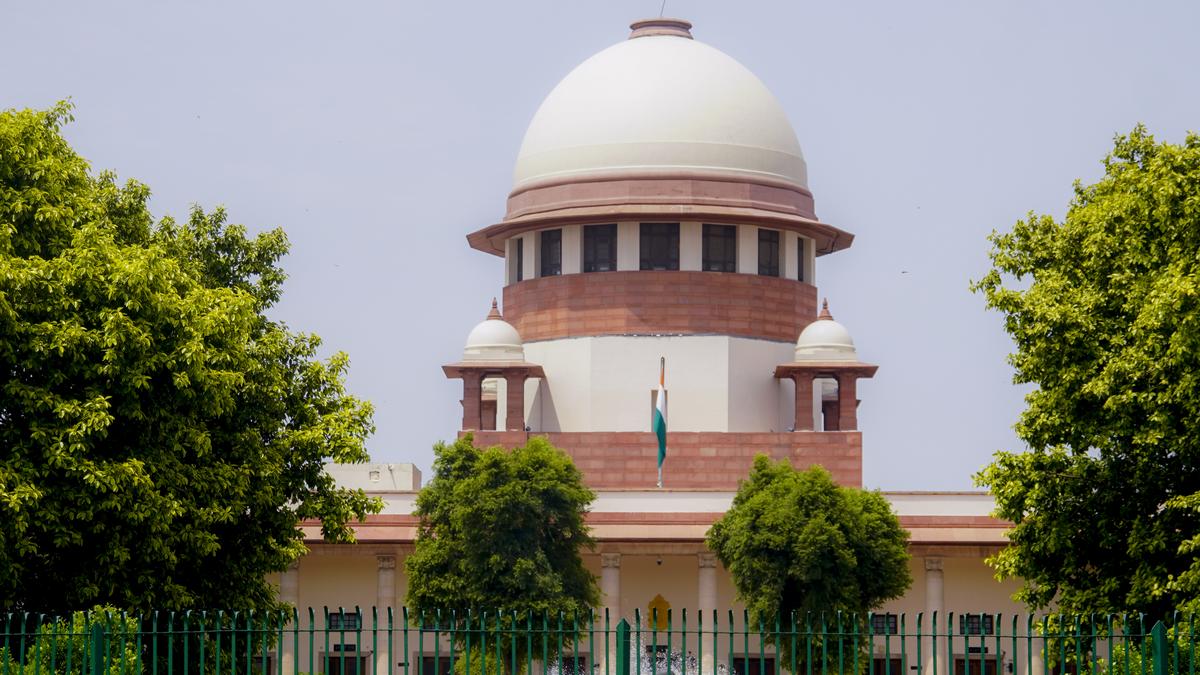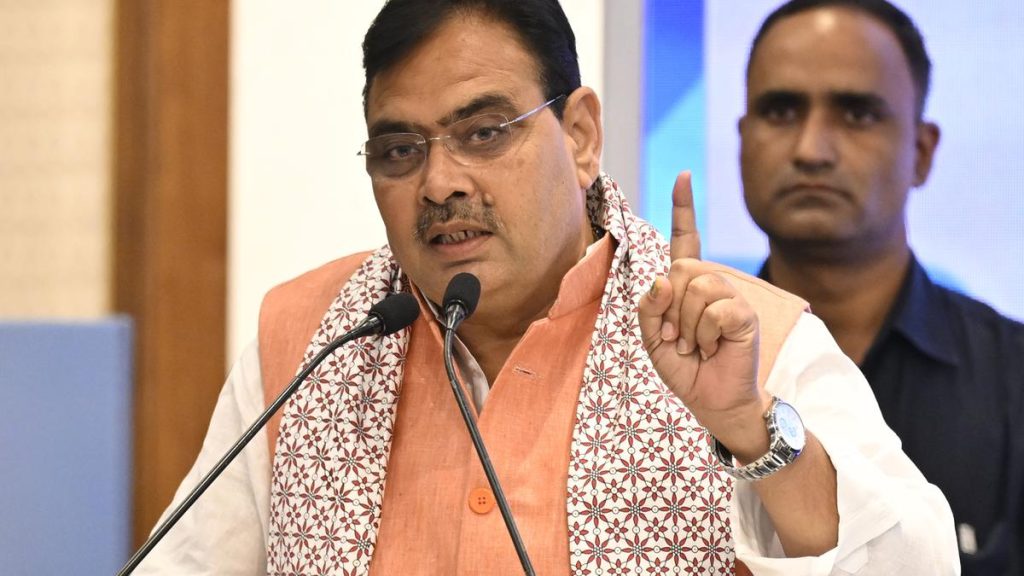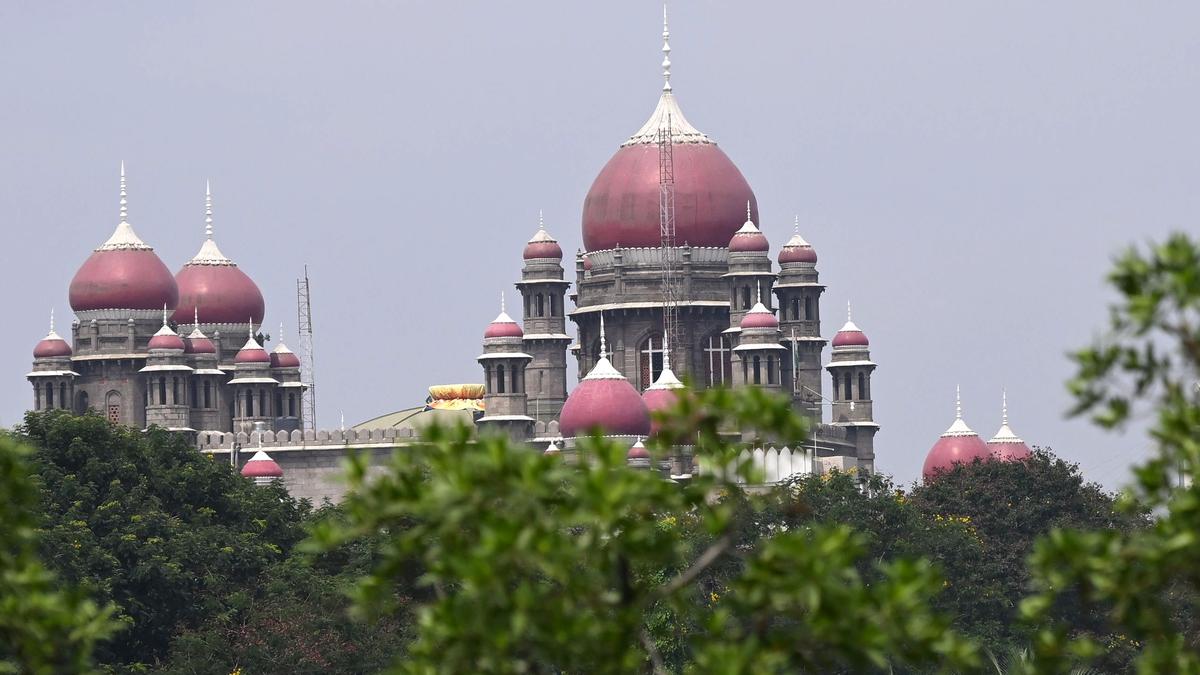Now Reading: Supreme Court Questions Governor’s Delay in Clearing Bills Under Article 356
-
01
Supreme Court Questions Governor’s Delay in Clearing Bills Under Article 356
Supreme Court Questions Governor’s Delay in Clearing Bills Under Article 356

Fast Summary
- Supreme Court is examining a presidential Reference regarding the Governor’s discretionary powers under Article 200 of the Constitution.
- Chief Justice of India (CJI) B.R. Gavai questioned why courts can review a Governor’s recommendation for President’s rule (Article 356), but not scrutinize instances where Governors delay action on State Bills.
- The inquiry stems from an April 8 supreme Court judgment concerning Tamil Nadu’s complaint about its Governor sitting on State Bills since 2020.
- Key debate: Whether Governors and Presidents should face judicially mandated deadlines for assent decisions under Article 200.
- Arguments presented:
– Center and several BJP/non-BJP ruled States argued that both Governors and Presidents exercise discretionary powers that the judiciary cannot limit.
– Senior advocates argued against imposing time limits, labeling gubernatorial assent a “legislative act” immune to judicial review under constitutional provisions.
– some jurists raised concerns about ‘deemed assent’ as unconstitutional and an overreach by courts into legislative matters.
For full details, read more.
Indian Opinion Analysis
this case touches upon crucial questions regarding the balance of power between state governments, Governors, and judiciary in India. Historically, governors’ roles have been seen as politically sensitive due to their discretion in withholding or delaying bills from state legislatures.While arguments against time restrictions highlight procedural autonomy guaranteed under Articles 200 and 356,such delays risk undermining legislative processes at local levels.
The broader implications could redefine accountability frameworks within India’s federal structure. Judicial intervention here does not infringe upon legislative functions directly; instead, it seeks clarity on whether prolonged gubernatorial inaction violates democratic principles when there is no evident constitutional justification.It remains critical that any future ruling ensures functional checks while maintaining institutional separation-a balanced precedent protecting both federal autonomy and fairness in governance may emerge from this case.

























